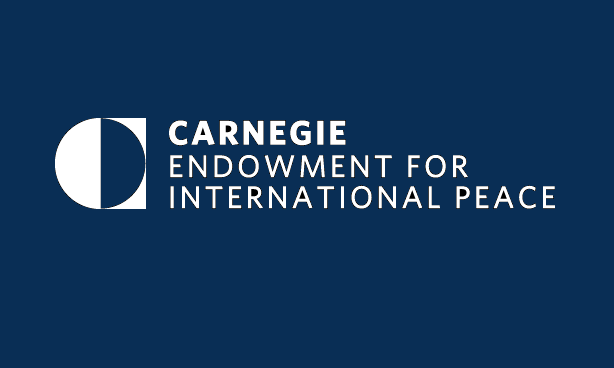https://carnegieendowment.org/publications/85839?utm_source=rss&utm_medium=rss
The collapse of centrist parties in Chile’s elections this weekend reflects the demise of the country’s democratic model. Long seen as one of Latin America’s most stable democracies, Chile’s capacity to overcome its polarization could have resounding effects in the wider region.
OLIVER STUENKEL
NOVEMBER 22, 2021
COMMENTARY
The first round of Chile’s presidential election on November 21 saw far-right candidate José Antonio Kast come in first, with about 27.9 percent of the vote. In second was thirty-five-year-old Gabriel Boric, the young, left-wing politician and former student leader, who received approximately 25.8 percent of the votes. In a sign of how disenchanted Chileans have become with traditional political elites, candidates from the center-right and center-left alliances—which have taken turns governing the country since its redemocratization in 1989—came in fourth and fifth place, respectively, behind even Franco Parisi, another antiestablishment candidate who came in third with 12.8 percent of the vote. The political center, which has dominated in Chile for the past few decades, gained less than one-fourth of the votes.
Latin American regional experts have been watching Chile’s election more closely than any other contest in Latin America this year. Long seen as a model for liberal reformers across the region, Chile ranks seventeenth in the Economist Intelligence Unit’s Democracy Index and was traditionally seen as exceptionally stable. Yet the country made global headlines in 2019 when months of mass protests and political upheaval, caused by discontent about inequality and bad public services, led to the creation of a constituent assembly to replace the country’s dictatorship-era constitution. The constituent assembly is still ongoing and is generally seen, despite the uncertainty…
Read full article here









